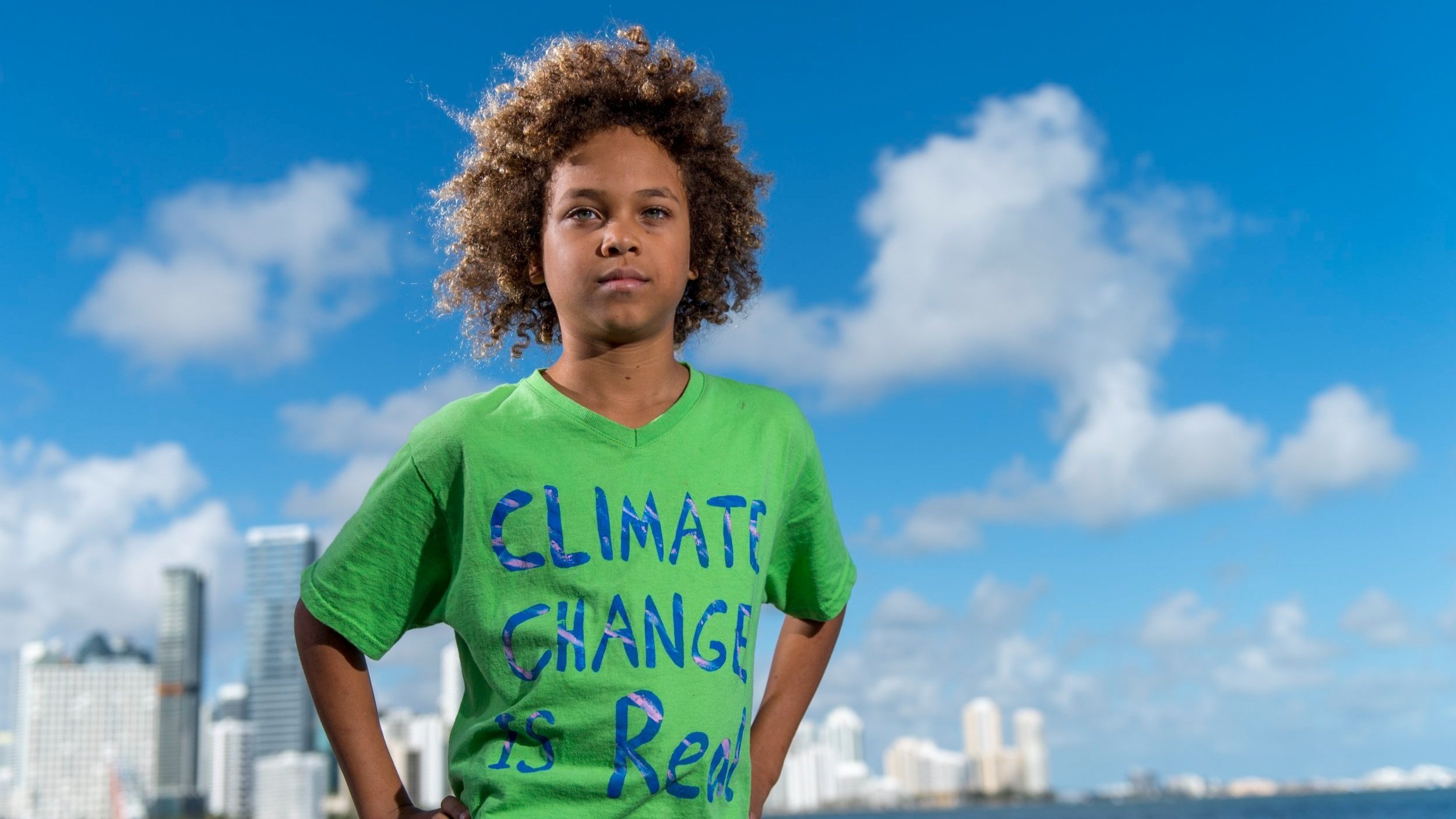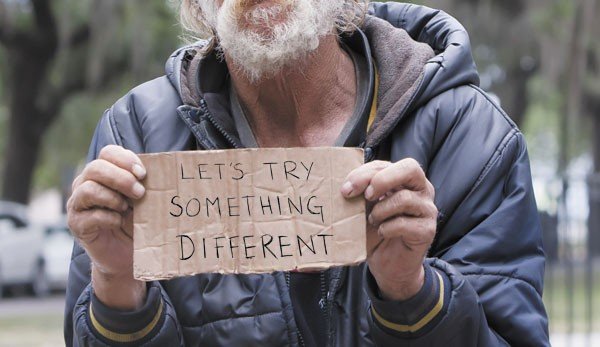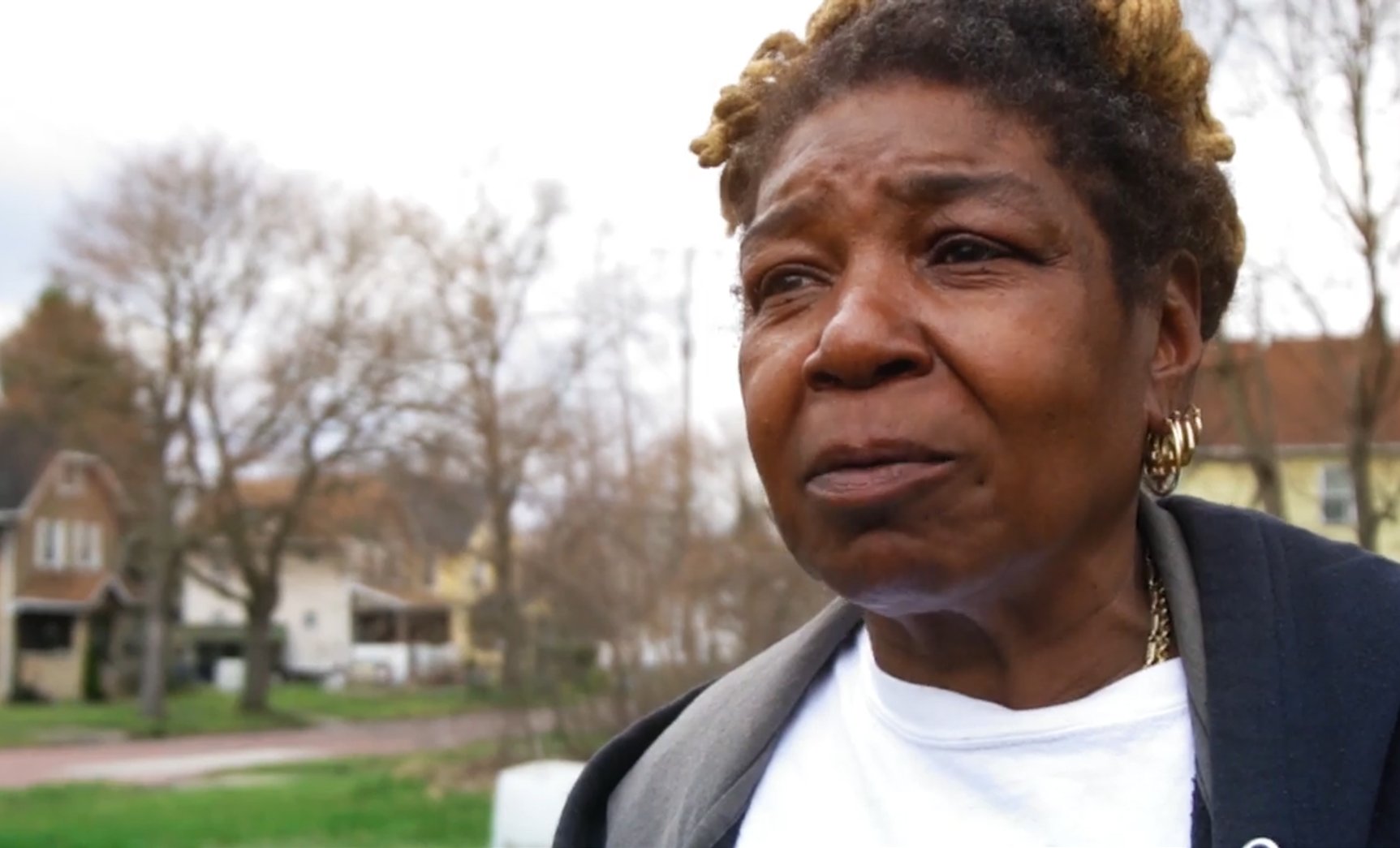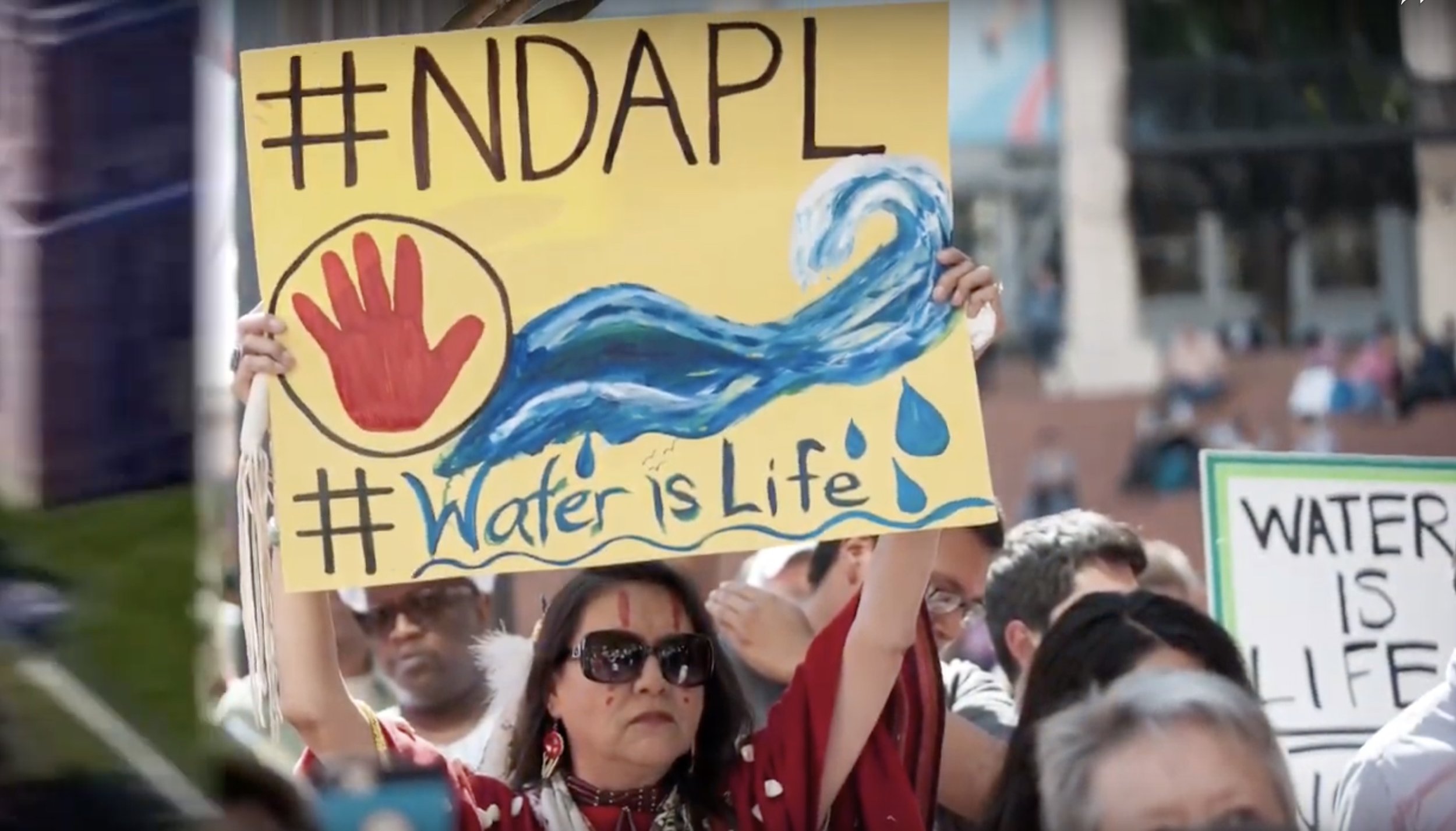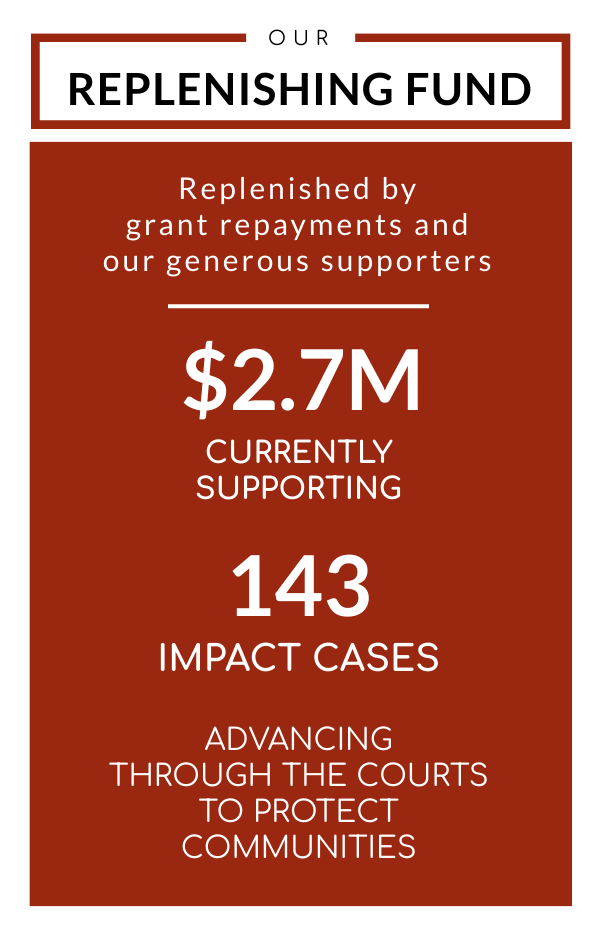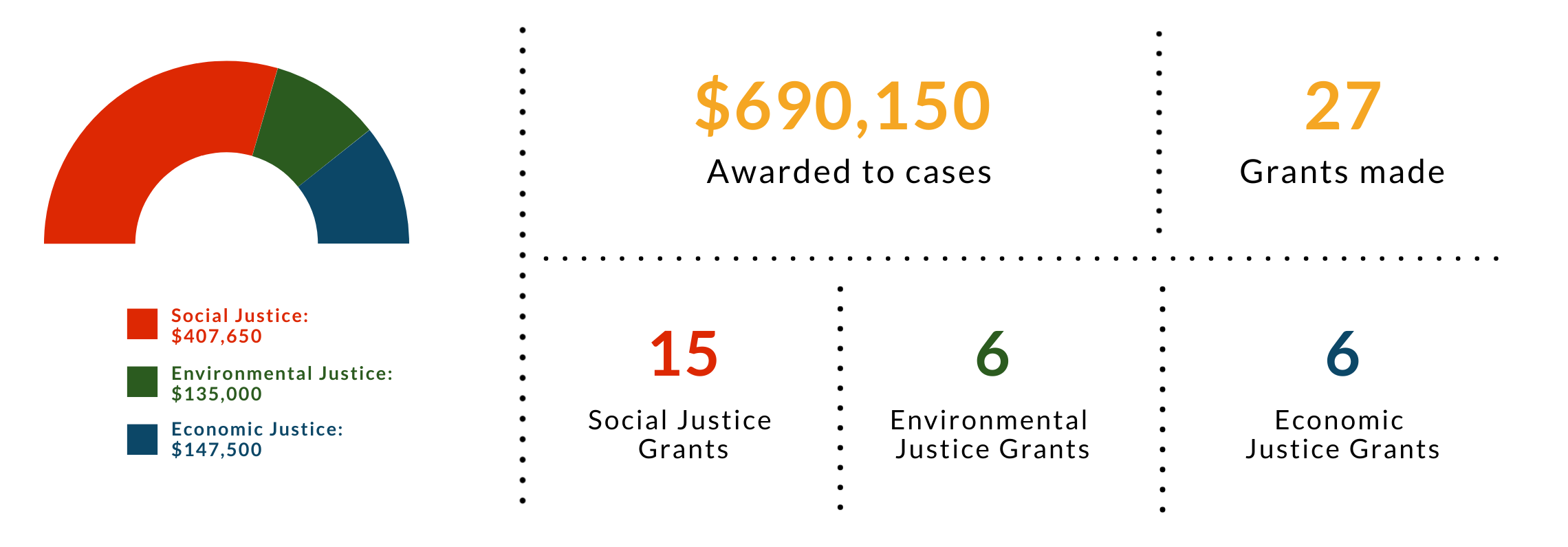About Our Grant Program
LEARN MORE ABOUT the types of cases we fund
The Impact Fund awards recoverable grants to legal services nonprofits, private attorneys, and small law firms who seek to confront economic, environmental, racial, and social injustice.
Since our founding in 1992, the Impact Fund has made more than 800 recoverable grants totaling more than $10 million for impact litigation. We award grants four times per year, most within the range of US$10,000 to US$50,000.
Click here to see an interactive map of the cases we’ve funded.
Grantmaking in FY 2023-2024, by the numbers
We are grateful to the Cameron Schrier Foundation and Justice Catalyst Access Fund, whose support helps make our grants possible.
Funding Sectors
Social Justice
The Impact fund provides grants and legal support to assist in human and civil rights cases. we have helped to change dozens of laws and win cases to protect the rights of thousands.
Some of the cases we are funding allege that:
In Texas and North Carolina, incarcerated people with mental health disabilities are forced to remain in jail despite being found not guilty and unable to proceed with a criminal trial.
In Orange County, California, there are currently 13 gang injunctions under effect, which disproportionately target young men of color.
In Chicago, Illinois, the city’s homeless shelter program is inaccessible to people with disabilities.
In Springfield, Oregon, the city and its police department used excessive force against Black Lives Matter protesters.
In West Virginia, the state fails to protect children in foster care from abuse and neglect.
In Montana, voter suppression laws disadvantage young adults and give priority to gun owners.
In Gary, Indiana, a gun manufacturer negligently marketed and distributed its guns, leading to an epidemic of gun violence in the city.
In Vancouver, British Columbia, the police perpetuate systemic discrimination against Indigenous people through bureaucratic measures.
Environmental Justice
The Impact Fund provides grants to support impact litigation in pursuit of environmental justice. These grants are for cases aiming to help people or communities who are affected by environmental harm or who lack access to basic environmental needs, such as clean water, clean air, adequate waste treatment, and green spaces.
Some of the cases we are funding allege that:
In Centreville, Illinois, the city’s failure to maintain its sewer system has caused raw sewage to flood peoples’ homes, endangering the property and health of a predominantly Black community.
In Fresno County, California, the California Department of Transportation approved a highway expansion project that would increase air pollution and traffic in one of the state’s most environmentally burdened communities.
In downtown Milwaukee, Wisconsin, the proposed expansion of a highway would divide the region's Black, Asian, and Latine neighborhoods and cause pollution and ill health.
In North Dakota, the five-month closure of a highway in response to the Dakota Access Pipeline protests disproportionately affected the livelihoods and health of the Standing Rock Sioux Tribe members.
In Ontario, Canada, mercury contamination of the English-Wabigoon river system has caused catastrophic environmental and health impacts for the Grassy Narrows First Nation.
In Sacramento, California, the county government and Sacramento Area Sewer District have violated the Clean Water Act by discharging raw sewage into nearby rivers.
In the Eastern Coachella Valley in California, 1,900 residents of the Oasis Mobile Home Park suffer from arsenic-laced drinking water, wastewater contamination, and overcharging for utilities.
Economic Justice
The Impact Fund provides financial and other forms of support to cases fighting for economic justice. From workers' rights to consumer protection for vulnerable populations, impact litigation is a powerful tool to hold corporations and the government accountable.
Some of the cases we are funding allege that:
In Brooklyn, New York, a prominent mortgage lender engaged in predatory practices, leaving homeowners of color at risk of losing their homes.
In Washington, live-in caregivers are unconstitutionally excluded from the state’s wage-and-hour protections.
In Ravalli County, Montana, the county has created a “modern-day debtors’ prison” by incarcerating people unable to afford pre-trial fees.
In San Diego, California, vehicle ordinances target unhoused vehicle owners even when no adequate housing alternative exists.
In New York, a federal immigration detention facility is violating minimum wage and forced labor laws by forcing detainees to work for just a dollar a day.
In Minneapolis, Minnesota, the city and county destroy the property of unhoused individuals and conduct forced evictions from public spaces.
In Miami, Florida, insurance companies discriminate against a nonprofit community development corporation renting to tenants with Section 8 rental subsidies.
Ready to take the next step? If you have a case that meets our grant criteria and advances economic, environmental, or social justice, apply for a grant online now.

